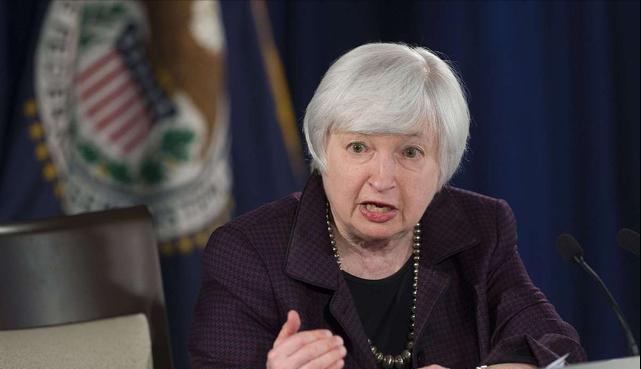The U.S.-led "democracy summit" has ended as a farce, but there are also remarkable passages in the farce, which is said to have coincided with a meeting in which the White House authorities announced that the United States would establish a new post called the "Global Anti-Corruption Coordinator" and an "anti-corruption fund" to encourage whistle-blowing behavior, rewarding those "who can provide clues about corrupt foreign leaders hiding money in the United States" and fighting transnational corruption.

As we all know, since the Eighteenth National Congress, China has been carrying out a huge anti-corruption campaign, and its intensity, effectiveness and level can be described as universally recognized. Among them, cracking down on those who fled to the United States and bringing them to justice is an organic part of China's anti-corruption action and an indispensable link in achieving a comprehensive victory in the anti-corruption struggle. Now that the United States is also engaged in global anti-corruption, it seems to resonate with China on the same frequency, and it seems that it also has some effects to help China's anti-corruption actions. Is this really the case?
It is not yet possible to make a more comprehensive judgment on the latest plan launched by the US authorities, but what is certain is that this is not support or support for China's anti-corruption action, and it is probably too naïve to think that the United States can approve and support China's anti-corruption action and actively cooperate with China's overseas fox hunting operation; nor should we think that the US move is only for money and money, but to make a profit from many corrupt and corrupt officials, and it is not too superficial to make such a simple interpretation of the US move. The core intention of the White House authorities in planning and designing this project and arranging for it to be announced at this time is obviously complex and profound, especially how it will affect China, which deserves vigilance and attention.
Militarily, the United States is already familiar with the "targeted killing" and "precision strikes" that people are familiar with, and in fact they have long done so in the international political field, which is the "personal sanctions" that the United States has engaged in, which have been used more against Russia and not much for China. At present, the United States claims to take the "foreign leaders involved in corruption in the United States to hide money in the United States", and the selectivity and pertinence of this are self-evident, and the United States can be used by me under this name, so as to deter those who are politically and strategically unruly to the United States, including of course, some Chinese and political "precision strikes" against them.
The United States is recognized as a refuge for corrupt elements around the world and the greatest source of corrupt officials in China. Based on such an ideological basis and in accordance with their consistent nature of spreading rumors and making trouble and lying for profit, the US authorities can completely politicize anti-corruption actions, report them at every turn, and take the hat of corruption to the head of the person they want to detain, and point the suspicion of hiding money in the United States to the person they want to point to, so as to damage China's reputation in a targeted manner.
It is an indisputable fact that there are many corrupt elements in China who have fled to the United States, and the amount of dirty money hidden in the United States is also huge. In any case, the U.S. announcement of rewarding "those who can provide clues about corrupt foreign leaders hiding money in the United States" and fighting transnational corruption is enough to make these corrupt elements feel frightened and sleepless. In that sense, of course, this is a good thing. However, what needs to be vigilant is that the pursuit and disposal of these Chinese involved must be handled in accordance with internationally recognized norms and rules, and the United States cannot decide and let the United States profit from it. According to the consistent disposition of the US government, they are likely to bargain with China on this issue and call it "cooperation."China should insist on its position and never trade principles.
In short, the White House authorities introduced this policy, which is obviously another powerful means of attack and political tools they have designed and developed, and cannot be ignored. It is not yet possible to draw conclusions about how this thing will affect China, and it is necessary to pay close attention to in-depth observation and assessment.
Note: The author of this article is Zhang Zhikun, a core member of the "Qin'an Strategic Think Tank", which is the original work of this platform, welcome to indicate the source of reprinting, reprinting is an important way to gather network strength.